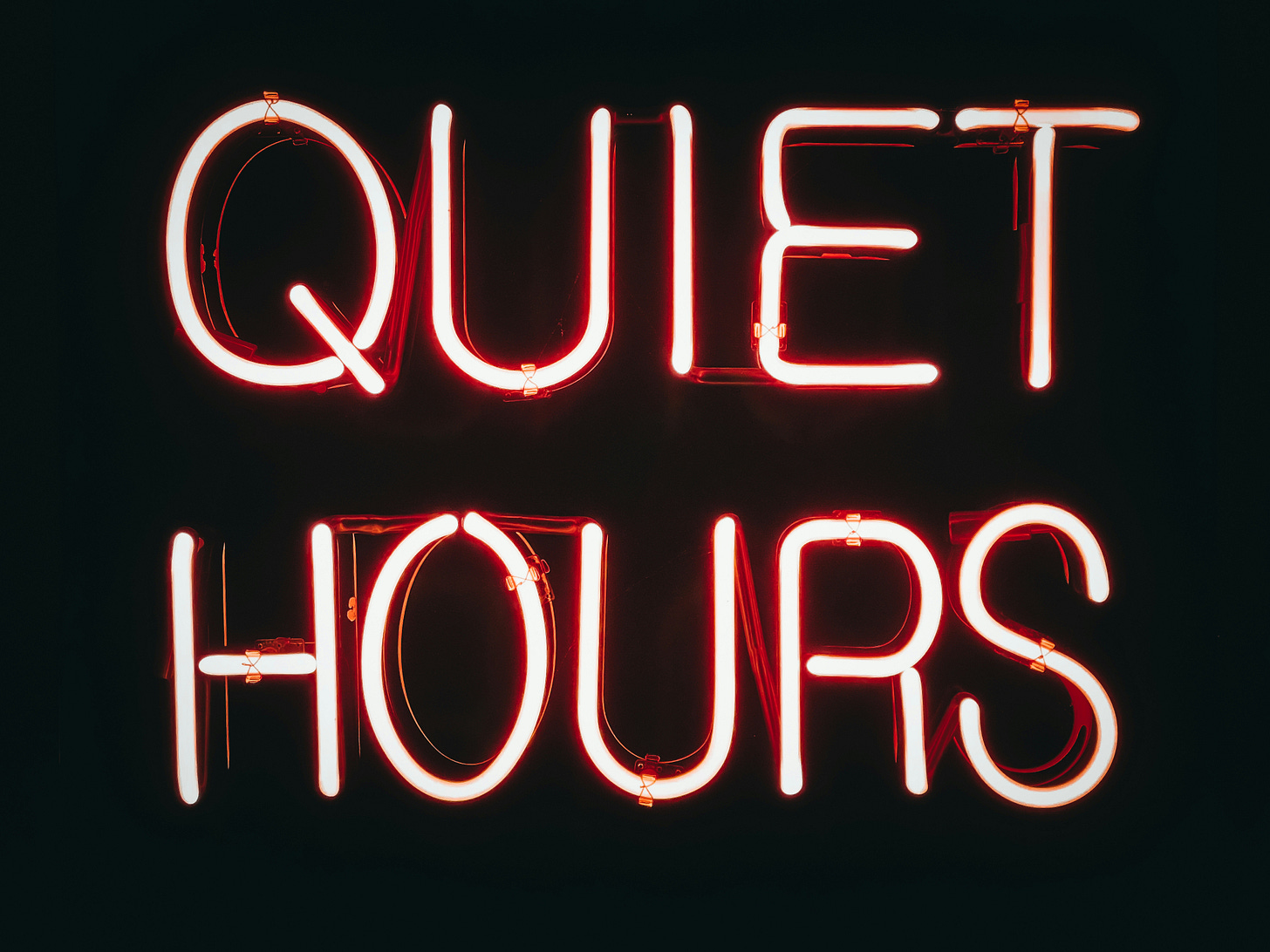Readers may have noticed that I have not written a piece for several months. The reason is I had to fit in a craniotomy in mid-January to remove a tumor which, fortunately, turned out to be non-malignant, but involved an extended hospital stay and protracted recovery period. So from mid-January through mid-February I was preoccupied, to put it mildly.
My recovery is progressing nicely, for which I am grateful. However, I’m feeling like Rip Van Winkle in that the country I left in January is not the country or the culture to which I have returned.
I’m speaking, of course, about our new president and the turmoil he has released in the first month of his administration.
I’ll leave it to the many insightful political commentators to weigh in on the political factors involved, but I think it also deserves attention for certain cultural implications. MAGA is as much of a cultural phenomenon as it is a political one as has been made crystal clear to everyone by now. It could be argued that the cultural component is what largely drives MAGA and fuels it’s deeply rooted sense of grievance.
The polls indicate that many voters who tipped their vote to Trump did so largely because of concerns over pocketbook issues and immigration, which also has economic implications in the perceived threat of immigrants taking jobs from Americans. What voters did not ask for, and which Trump denied was at play, was Project 2025, much less a structural dismantling of our government.
Though it’s still in its early stages, there’s some indication that buyer's remorse is beginning to set in for Trump voters. I think that as the economic repercussions of Trump's agenda become clearer, such as cutting government jobs and implementing tariffs, the backlash will grow. People want help in achieving the American dream, not the chaotic dismantling of programs and government systems and institutions that have taken decades if not centuries to build and provide essential services.
I previously touched on a point in Consumption As Narrative which I feel is relevant here. One of the challenges of understanding consumer culture is that while we make purchases in metaphor, we often forget that they resonate in reality, sometimes for years.
We frequently purchase things for the imagery they offer us in the moment, imagery that reflects our aspirations and perhaps flatters our self-image. However, frequently the things we purchase are not what we really want, and perhaps even prevent us from understanding what it is that we truly need.
I think that’s the situation we find ourselves in now. It’s undeniable that Trump is a master at branding. He’s leveraged his role in The Apprentice, something we now know was pure artifice, into the presidency, and he's done so twice. Many voted for him because of his perceived business acumen and deal making abilities, hoping a vote for Trump would result in a better life for them. That's the story, however, not the truth, and the bait and switch is now becoming clear.
I've decided to expand the parameters of this Substack because politics and culture have become so intertwined it’s often hard to determine where one ends and the other begins. Politics is trying to influence culture at least as much as any time in our history, and perhaps more so. I will occasionally explore the areas where politics and consumer culture meet, in addition to my usual topics.
I hope you find it informative.




